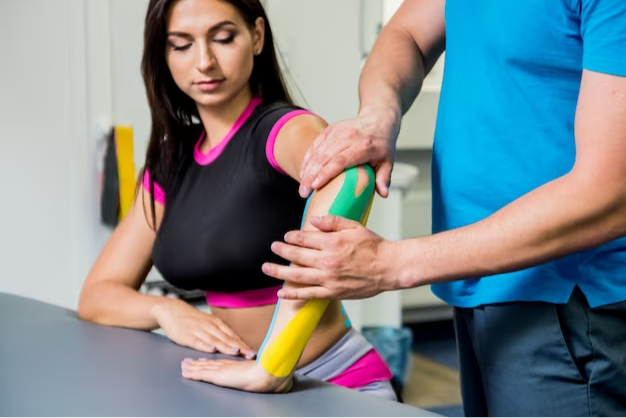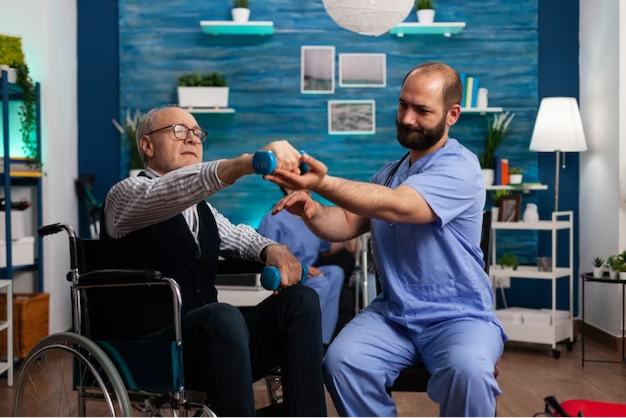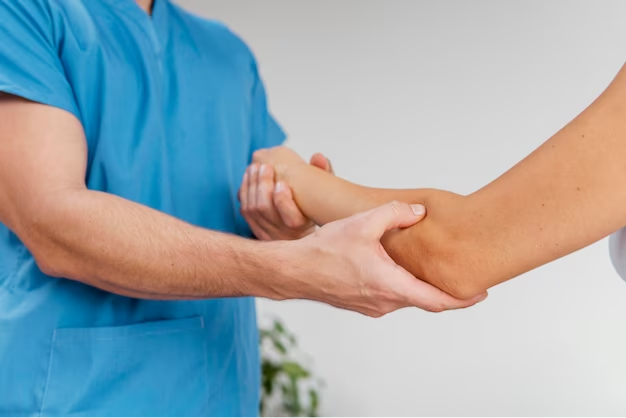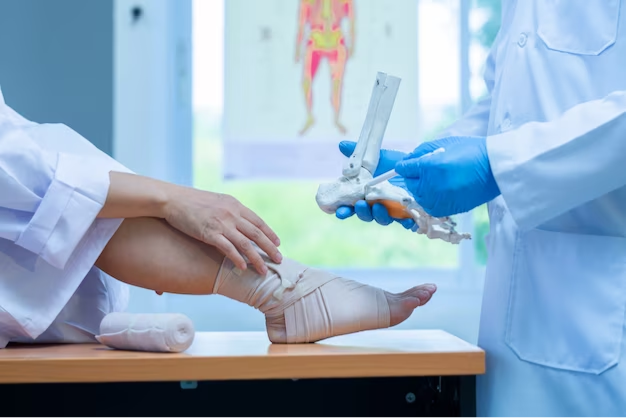Introduction
Sports and physical activity are fantastic ways to maintain a healthy lifestyle, but they can also put you at risk of orthopedic injuries. Whether you're a weekend warrior or a professional athlete, understanding how to prevent and recover from sports-related orthopedic injuries is essential for staying in the game. In this article, we'll delve into strategies for both preventing these injuries and effectively recovering when they do occur.
Preventing Sports-Related Orthopedic Injuries
- Proper Warm-Up and Stretching: Warming up before any physical activity is crucial. A dynamic warm-up gets your blood flowing, and stretching helps to increase flexibility, reducing the risk of strains and sprains.
- Strength Training: Incorporating strength training into your routine can help stabilize the muscles and joints, reducing the risk of injuries. Work on strengthening the muscles around your joints to provide added support.
- Skill-Based Training: Proper technique is essential in any sport. Seek professional guidance to ensure that your form and technique are correct. This can prevent overuse injuries caused by poor mechanics.
- Conditioning: Gradual progression is key. Avoid overexertion or pushing yourself too hard, too fast. Build your endurance and strength gradually to give your body time to adapt.
- Proper Footwear and Equipment: Ensure you have the right footwear and equipment for your sport. Ill-fitting shoes, worn-out gear, or improper equipment can increase the risk of injury.
- Hydration and Nutrition: Staying hydrated and maintaining a balanced diet helps with muscle function and recovery. Proper nutrition supports overall physical health.
Recovering from Sports-Related Orthopedic Injuries
- Immediate Care: If you sustain an injury during sports, it's crucial to seek immediate medical attention. The "RICE" protocol (Rest, Ice, Compression, and Elevation) can help manage pain and swelling in the initial stages.
- Orthopedic Evaluation: Consult with an orthopedic specialist who can diagnose the injury, recommend appropriate treatment, and develop a recovery plan tailored to your needs.
- Physical Therapy: Physical therapy is a critical component of recovery. A physical therapist will work with you on exercises and stretches to regain strength, flexibility, and range of motion.
- Rest and Recovery:Listen to your body and give it the rest it needs. Pushing through pain can exacerbate injuries and prolong recovery.
- Medication and Pain Management: In some cases, medication and pain management techniques prescribed by your orthopedic specialist can help you manage pain and discomfort during the healing process.
- Gradual Return to Sport: Once you've completed your rehabilitation program and received the green light from your orthopedic specialist, ease back into your sport slowly. Returning too quickly can lead to reinjury.
- Injury Prevention for the Future: Learn from your injury experience. Understand the causes of the injury and work with your healthcare team to implement strategies to prevent a recurrence.
Conclusion
Sports-related orthopedic injuries can be discouraging, but with the right prevention and recovery strategies, you can get back to doing what you love. It's essential to prioritize proper warm-up, technique, and strength training to reduce the risk of injuries. In the event of an injury, don't rush the recovery process. Working closely with an orthopedic specialist and physical therapist will help ensure you regain your mobility, strength, and confidence. Remember that patience and commitment are key to a successful recovery, allowing you to return to your sport and stay active for years to come.
.pdf%20300X60%20PX-02-02.svg)



